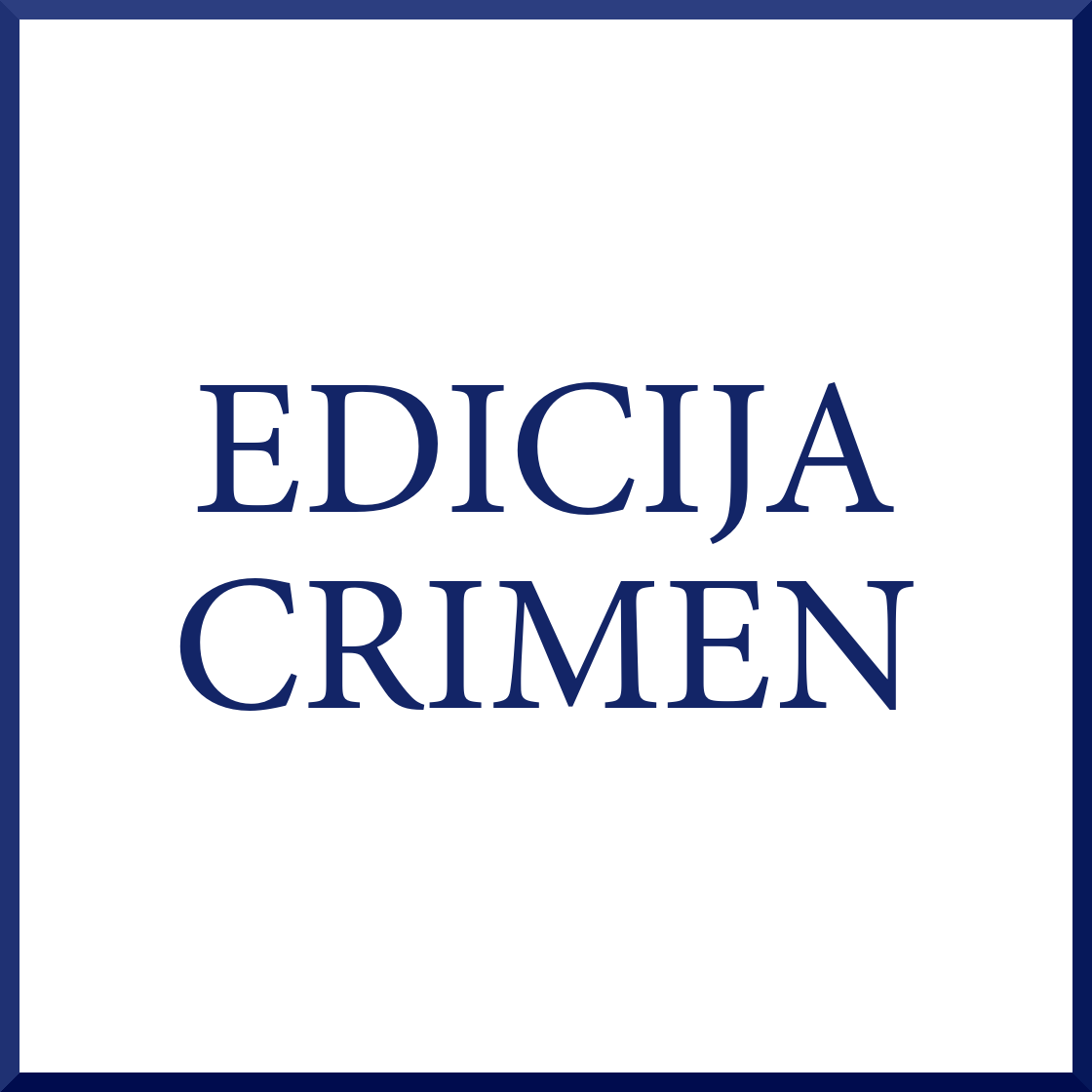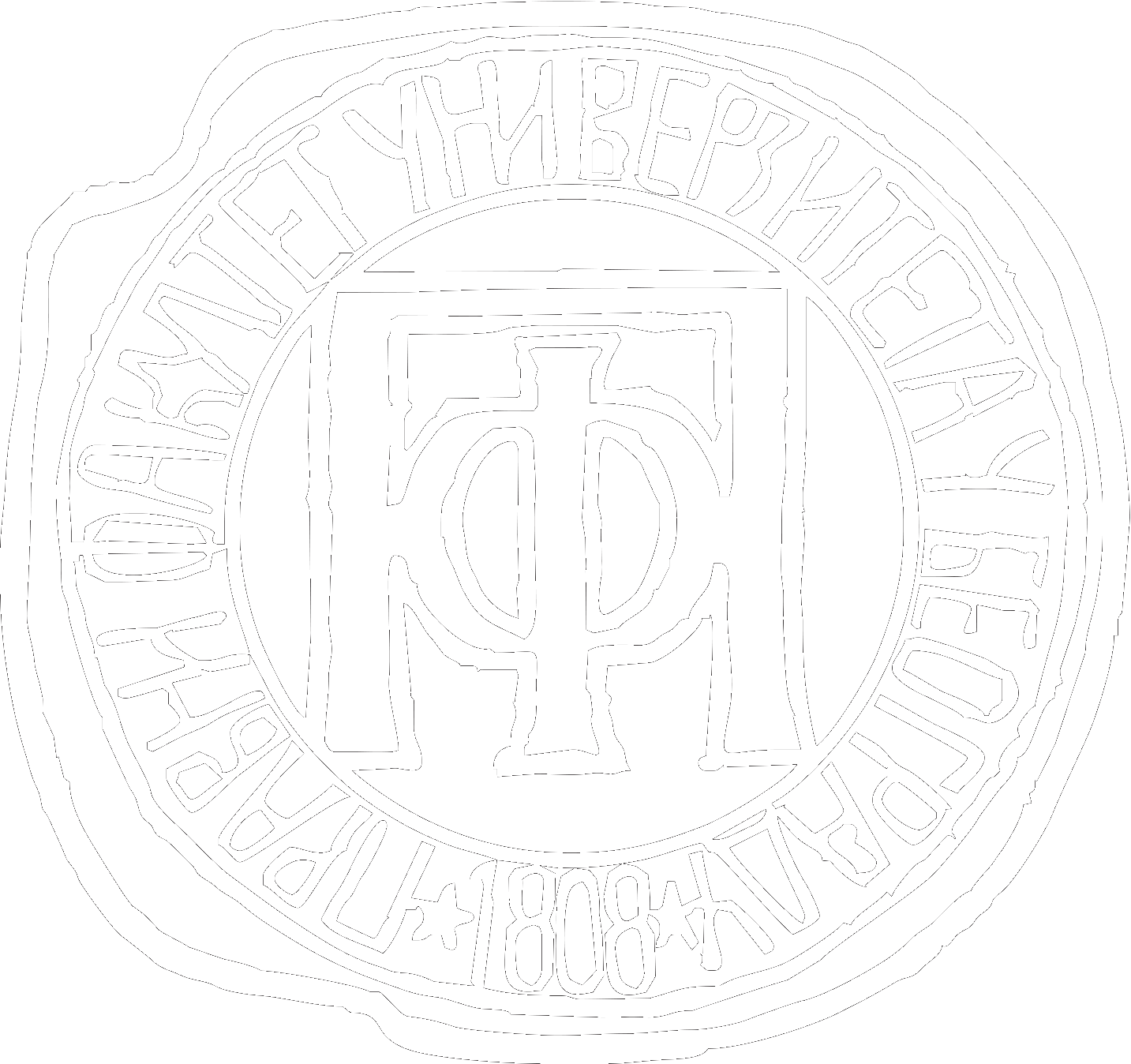Evidence from the EncroChat and SKY ECC encrypted phones
DOI:
https://doi.org/10.5937/crimen2202154BKeywords:
EncroChat; SkyEcc; evaluation of evidence obtained abroad; mass surveillanceAbstract
Technological development and new forms of crime require redefinition of existing legal frameworks at domestic and international level. EncroChat and SkyEcc cases highlighted these problems, throwing the courts before the old Packer's dilemma, whether to give priority to crime control or due process model. While the protection of citizens' rights prevailed for many years, guided by the maxims that "the democracy of a society is measured by the provisions of its criminal procedure" and that "it is better 100 guilty persons to escape than that one innocent person suffer" it seems that in the era of information technologies, another model prevails, legitimizing almost unimaginable concepts such as mass surveillance of communications with derogation of the principle of territorial sovereignty. The "problem" escalated and came to the attention of many European countries after the "breaking" of the communication platforms EncroChat and SKY Ecc, which certainly contributed to the detection (and prevention) of numerous criminal acts by criminal groups, while at the same time opened many questions, starting from the method of discovering communication, delivering material to other countries and using it in criminal proceedings, the validity and admissibility of the so-called of "mass surveillance" that affects not only "criminals" but also "ordinary citizens", i.e. all users of certain communication platforms. The first part of the paper deals with the issues how these networks were break down, the legal basis for such actions, the legal basis for providing the obtained data to other countries, their evaluation and further use in criminal proceedings. As different countries have different procedural rules, the question is whether a domestic judge is authorized to evaluate the legality of evidence obtained abroad and according to what criteria? In this regard, a distinction is made between EU member states where European investigative orders and the principle of mutual recognition apply and other countries in the system of mutual legal assistance in criminal matters. In the second part, we deal with the legal nature of the obtained data through the dilemma of whether it was targeted surveillance in criminal proceedings, or mass surveillance carried out by the intelligence services, as well as the ECtHR's practice related to these issues. Bearing in mind that these investigations are still under the "veil of silence", the study was based on Europol/Eurojust data and few publicly available decisions of courts in Germany and the United Kingdom about the admissibility of these evidence.
Downloads
References
Bajović, V. 2022. “Tajni nadzor od strane policije i službi bezbednosti.” In Kaznena reakcija u Srbiji-XII deo, edited by Đ. Ignjatović. University of Belgrade, Faculty of Law, Belgrade.
Bayer, V. 1989. Jugoslovensko krivično procesno pravo, knjiga druga. Zagreb.
Goodwin, B. 2021. “Berlin court finds EncroChat intercept evidence cannot be used in criminal trials.” https://www.computerweekly.com/news/252503524/Berlin-court-finds-EncroChat-intercept-evidence-cannot-be-used-in-criminal-trials. August 18, 2022.
Grubač, M., G. Ilić, and M. Majić. 2009. Komentar Zakona o međunarodnoj pravnoj pomoći u krivičnim stvarima. Beograd: Službeni glasnik.
Hamilton, F. 2020. “Hundreds of arrests as police crack phone network used by crime bosses.” The Times. https://www.thetimes.co.uk/article/hundreds-of-arrests-as-police-crack-phone-network-used-by-crime-bosses-h85qntqw3. August 21, 2022.
Matić Bošković, M. 2022. Krivično procesno pravo EU. Beograd: Institut za kriminološka i sociološka istraživanja.
Mrela, M. 2000. “Pravna valjanost dokaza pribavljenih u inozemstvu.” Hrvatski ljetopis za kazneno pravo i praksu 7(1).
Osborne, C. 2021. https://www.zdnet.com/article/sky-global-ceo-indicted-over-encrypted-chat-drug-trafficking-claims-erosion-of-right-to-privacy/. August 21, 2022.
Pisarić, M. 2016. “Posebnosti dokazivanja dela visokotehnološkog kriminala.” Doctoral dissertation, Faculty of Law, University of Belgrade.
Pisarić, M. 2020. “Prikupljanje elektronskih dokaza iz mobilnog telefona u praksi VKS Republike Srbije.” Kriminalistička teorija i praksa 7(2).
Ruggeri, S. 2012. “Investigative Powers Affecting Fundamental Rights and Principles for a Fair Transnational Procedure in Criminal Matters.” CRIMEN (III) 2.
Satzger, H. 2019. “Is mutual recognition a viable general path for cooperation?” New Journal of European Criminal Law 10(1). https://doi.org/10.1177/2032284419836516
Seitz, N. 2004. “Transborder Search: A New Perspective in Law Enforcement?” International Journal of Communications Law & Policy 9.
Stanković, B. 2022. “Nezakoniti dokazi u krivičnom postupku.” Doctoral dissertation, Faculty of Law, University of Belgrade.
Škulić, M., G. Ilić, and M. Matić Bošković. 2015. “Unapređenje Zakonika o krivičnom postupku–de lege ferenda predlozi.” Beograd: OEBS.
Šugman Stubbs, K. 2014. “Ocjena dokaza pribavljenih u inozemstvu: teorijski problemi i slovenska sudska praksa.” Hrvatski ljetopis za kazneno pravo i praksu 21(1).
Tréguer, F. 2021. “Overview of France’s Intelligence Legal Framework.” [Research Report]. CERI Paris. https://halshs.archives-ouvertes.fr/halshs-01399548/document. August 21, 2022.
Tréguer, F. 2022. “Major oversight gaps in the French intelligence legal framework.” https://aboutintel.eu/major-oversight-gaps-in-the-french-intelligence-legal-framework/. August 21, 2022.
Vasiljević, T., and M. Grubač. 2011. Komentar Zakonika o krivičnom postupku. Beograd.

Downloads
Published
How to Cite
Issue
Section
License
Copyright (c) 2022 Vanja Bajović

This work is licensed under a Creative Commons Attribution 4.0 International License.
The authors retain copyright and grant the journal the right of first publication, allowing others to share the work with proper attribution to the authors and acknowledgment of its original publication in this journal.










